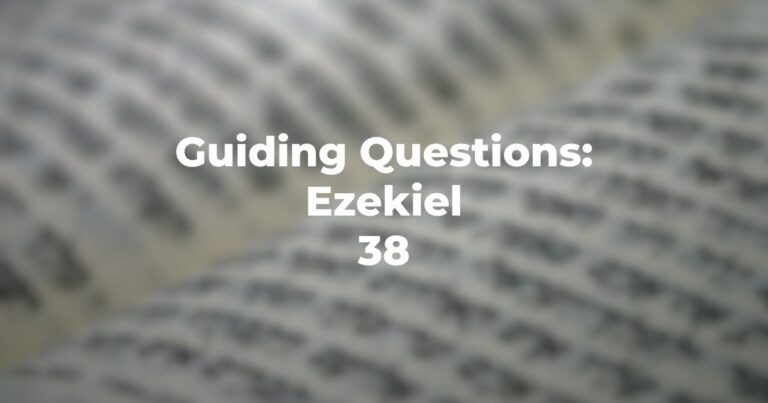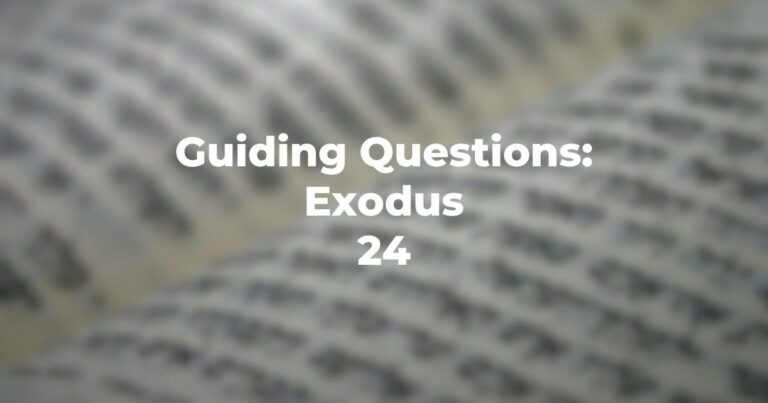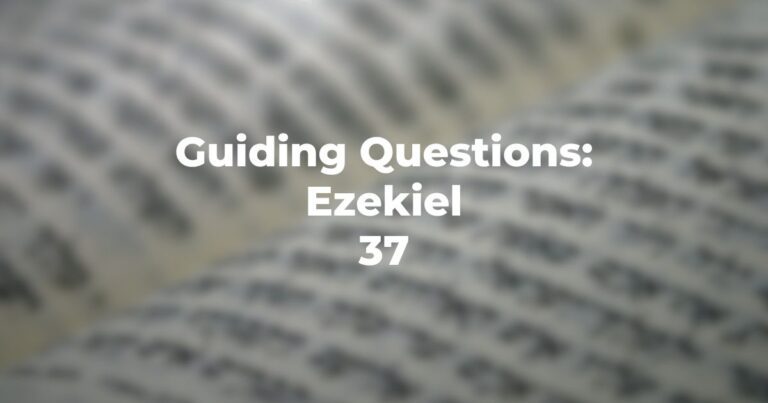- The same delegation which met with the Assyrian representative is now sent to speak with whom (Isaiah 37:2)?
- Does the prophet refer to himself in this particular series of passages in the first person or the third person? Why?
- According to Isaiah 37:4, what is the message that the king asked be delivered to Isaiah?
- In Isaiah 37:6, the response of the prophet makes reference to the messengers of the king as “youths who have insulted me”. In this instance, the word “me” makes reference to whom?
- Is the response of the prophet optimistic (Isaiah 37:7)?
- Do events seem to justify the optimistic response (Isaiah 37:8)?
- With the repeated threat from Assyria, what is the response of the king (Isaiah 37:14-15)?
- In Isaiah 37:16, what passages of the Five Books are echoed in the phraseology employed by the king?
- Does the text indicate any response, in any manner, to the tefillah of Hizkiyahu?
- How does Isaiah 37:21 relate to the prior tefillah of Hizkiyahu? What “authority” does it reflect for the prophet?
- Is the response following in Isaiah 37:23 et seq. reassuring?
- What is the allusion in Isaiah 37:25-26 to the early history of the Jewish people?
- How does Isaiah 37:28 reflect the omnisciousness of Divinity?
- How does Isaiah 37:32 have a resonance in our siddur tefillot?
- In sum, then, what is the final word to the king of Assyria in Isaiah 37:33-35?
- Does Isaiah 37:36 indicate how the destruction of the “85,000” was effected?
- Isaiah 37:37-38 indicate the “personal punishment” — and is this reflected in non-sacred history sources?
Author
-

Exploring Judaism is the digital home for Conservative/Masorti Judaism, embracing the beauty and complexity of Judaism, and our personal search for meaning, learning, and connecting. Our goal is to create content based on three core framing: Meaning-Making (Why?), Practical Living (How?), and Explainers (What?).
View all posts




